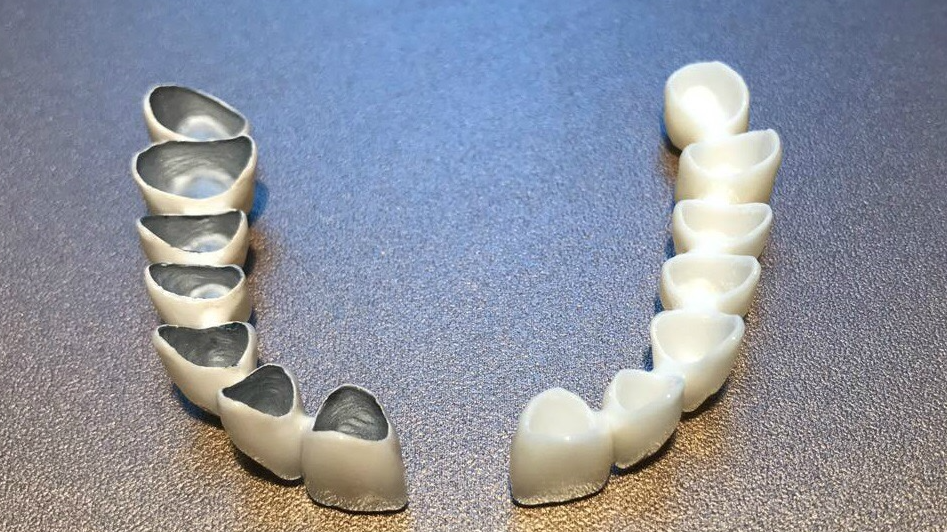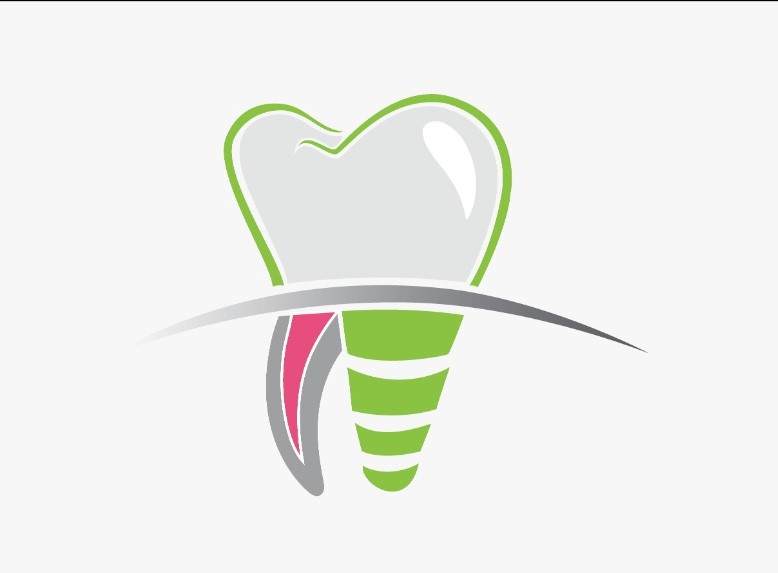+918048036066

This is your website preview.
Currently it only shows your basic business info. Start adding relevant business details such as description, images and products or services to gain your customers attention by using Boost 360 android app / iOS App / web portal.
Dental crowns - Can a Crowned Tooth Get a Cavity? ...

Dental crowns - Can a Crowned Tooth Get a Cavity? Myths and Facts – At Rootzdentalcare, Thoraipakkam. Dental crowns are an excellent solution for restoring damaged or weakened teeth at Rootzdentalcare, Thoraipakkam, but many people assume that once a tooth is crowned, it’s fully protected from decay. However, the truth is that a crowned tooth can still get a cavity. In this blog, we will debunk myths and uncover the facts about cavities and dental crowns. Facts about Dental Crowns at Rootzdentalcare, Thoraipakkam. While a crown acts as a protective cap over a tooth, it does not make the tooth immune to cavities. The natural tooth structure underneath the crown is still vulnerable to decay, especially at the gum line or where the crown meets the tooth. If a crown is not properly fitted or if there is gum recession over time, bacteria can seep underneath the crown. This can lead to decay forming beneath the crown, which is often difficult to detect in the early stages. Proper oral hygiene is crucial for maintaining a crowned tooth. Neglecting brushing and flossing can cause plaque build-up around the crown’s edges, increasing the risk of cavities and gum disease. Even though a dental crown itself cannot develop a cavity, the underlying tooth structure can still decay if oral hygiene is poor or if the crown becomes loose or damaged over time. How to Prevent Cavities on a Crowned Tooth at Rootzdentalcare, Thoraipakkam. 1. Maintain Good Oral Hygiene – Brush twice daily with fluoride toothpaste and floss around the crowned tooth to remove plaque build-up. 2. Schedule Regular Dental Check-ups – Professional cleanings and exams help detect any early signs of decay before they become serious issues. 3. Avoid Hard or Sticky Foods – Chewing ice, biting on hard objects, or consuming sticky foods can weaken or loosen the crown, making it easier for bacteria to sneak in. 4. Use Fluoride Products – Fluoride toothpaste or mouthwash can help strengthen the natural tooth structure and prevent decay at the crown margins. 5. Monitor Gum Health – Receding gums can expose the edges of the crowned tooth, creating a potential area for decay. Keeping gums healthy through proper care and regular dental visits is essential. At Rootzdentalcare, Thoraipakkam, dental crown is a great way to restore and protect a damaged tooth, but it does not eliminate the risk of cavities. Maintaining excellent oral hygiene, visiting your dentist regularly, and taking preventive measures will ensure the longevity of your crowned tooth and overall dental health. If you suspect any issues with your dental crown, don’t wait—schedule an appointment with your dentist today! If you’re concern about dental crowns we’re here to guide you every step of the way. Book a consultation with Rootzdentalcare, Thoraipakkam today and let’s restore your smile!

